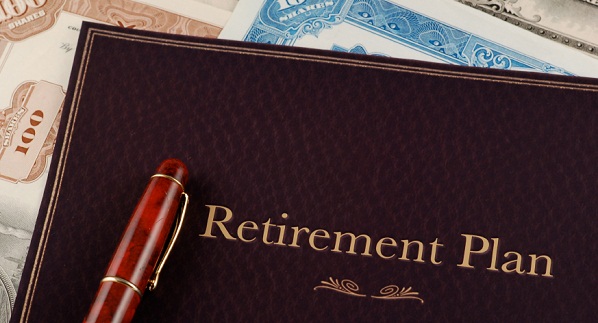How To Retire Early
You may dream about retiring early, but how do you know if it’s right for you? And how do you accomplish it financially? Here are some tips on how to achieve a successful early retirement.
Don’t just focus on the financial aspects of early retirement – “People tend to focus on how much money they will need, but they should spend more time thinking about things like family adjustments, lifestyle and how they will fill their time,” says retired Chartered Accountant Don Hunter of Toronto. “Habits, social connections, spousal relationships and your health and wellbeing will change. New retirees assume the adjustment on the home front will be fine, but that is always the one that surprises them.”
Factor in how major life changes may affect you – “If you have a spouse, consider what would happen if your relationship breaks up after your early retirement,” says Chartered Accountant Gary Marcus, a partner with Meyers Norris Penny LLP in Markham. “Or, how would you manage if you became ill or disabled? The costs of drugs and health care can be prohibitive, and after retirement, you may have to cover these costs yourself.”
Figure out how much you will need to live on – “A general rule of thumb is 50 to 70 per cent of your pre-retirement income, but a better approach is to determine what you expect your retirement expenses to be,” advises Hunter. “For example, your mortgage and education costs may go down, but your travel expenses may go up. Once you know what your expenses will be, you can factor in inflation.” Don’t forget to think about the implications of retiring at age 55 if you live to be 100. “That is 45 years of post-retirement living you may need to pay for,” says Marcus.
Eliminate your major expenses as early as possible – “Your two biggest expenses are likely your mortgage and the cost of your children’s education,” says Hunter. “People who want to retire early need to eliminate these expenses by paying down their mortgage and by saving for the costs of their children’s education through a Registered Education Savings Plan.”
Talk to a professional – “Your CA can help with financial planning and be the quarterback of the team that is advising you on things like investments and insurance,” says Marcus. They can also assist with tax planning, cash flow projections and determining your post-retirement expenses. “That makes it easier for you to focus on the non-financial aspects of early retirement,” adds Hunter.
Decide how to make the transition – “You need something to get you from full speed to retirement, whether it is a community project, a personal project or a part-time arrangement with your employer,” says Hunter. “You may find that you prefer to work part-time or volunteer instead of retiring completely.”
Start planning early – “If you want to retire early, you should start planning for it the moment you make the decision,” says Marcus. “You need to plan throughout your whole life, and most people probably don’t start early enough.”
* * * * *


